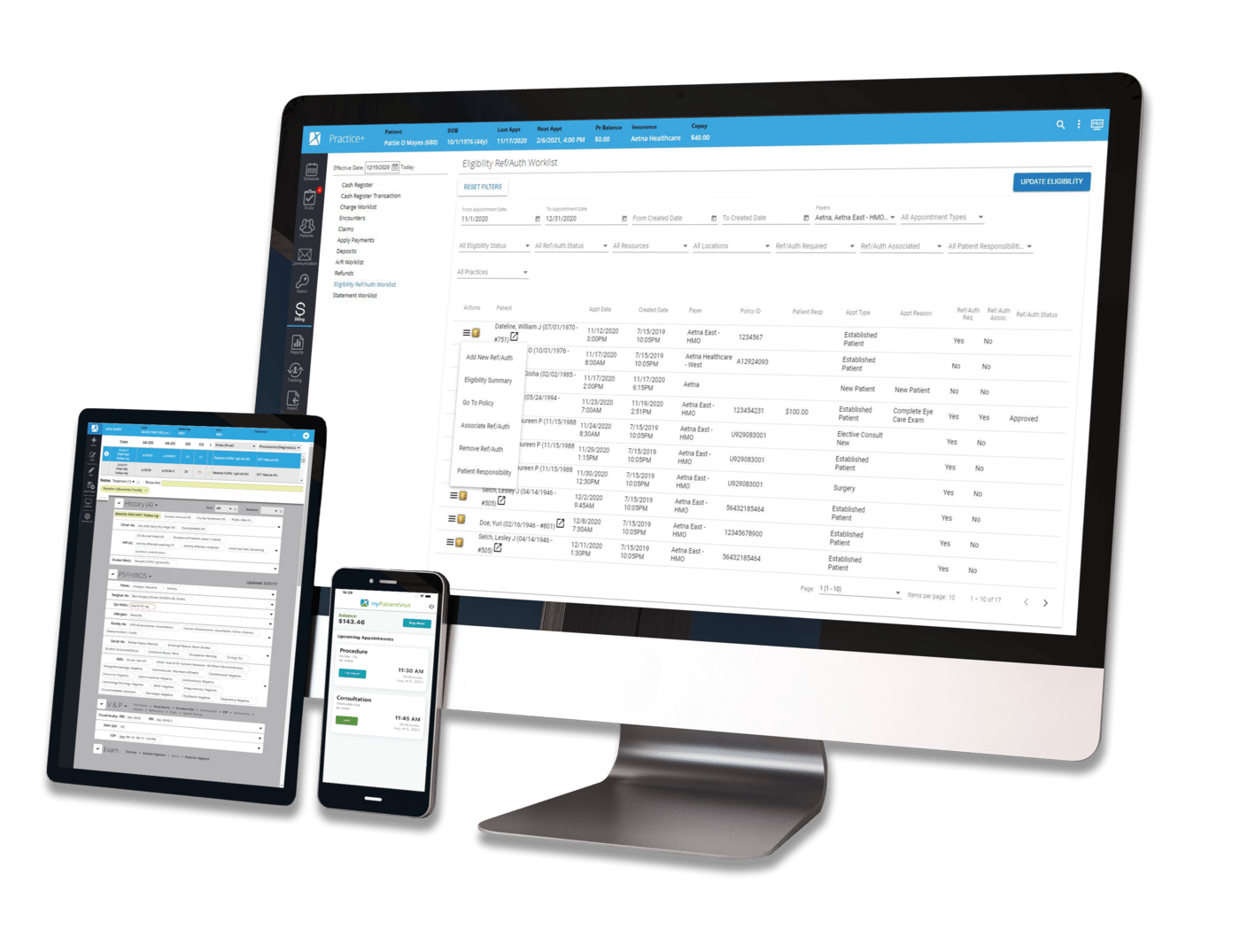Latest Articles
The latest news and information regarding electronic medical records, practice management software, HIPAA, and security from Nextech.

By:
Nextech
December 28th, 2015
With the new year just days away, the Office of the National Coordinator for Health IT (ONC) issued its final version of the 2016 Interoperability Standards Advisory (ISA). The 80-page document acts as a "single resource for those looking for federally recognized, national interoperability standards and guidance," according to a blog post by ONC's Director of the Office of Standards and Technology Steven Posnack, MS, MHS, and Director of HIT Infrastructure and Innovation Division Chris Muir.

By:
Nextech
December 18th, 2015
To cap off 2015 for Congress, both the House of Representatives and the Senate passed the $1.8 trillion Omnibus deal that included spending bills and crucial tax breaks for small businesses.While this deal was full of a wide variety of credits, the Section 179 tax break stands out particularly to small medical practices.


By:
Nextech
December 15th, 2015
Earlier in the year, the U.S. Senate Finance Committee passed an extension of two years for Section 179, which provides small businesses (including healthcare practices) with tax deductions for the purchase or (in some cases) leasing of equipment. This was very good news for owners of small medical practices who may have been hoping to upgrade their equipment in 2015.

Regulatory & Compliance | Healthcare Technology
By:
Nextech
December 15th, 2015
Depending on a vote by Congress this week, physicians working in ambulatory surgery centers (ASC) could be on track to receive long-awaited incentive money. H.R. 877, also known as the Electronic Health Fairness Act of 2015, is set to be voted upon on Wednesday. Spearheaded by Rep. Diane Black (R-Tenn), the bill is designed to included ASC doctors in the EHR incentive payments that other physicians have been eligible to receive. Co-sponsoring the bill along with Black are nine Republicans and five Democrats.

By:
Nextech
December 11th, 2015
If you’ve been following our blog during the latter half of this year (or any Health IT blog, for that matter), you are already well aware of the fact that the chaos of Meaningful Use Stage 3 (MU3) has been causing panic attacks for many folks in the healthcare industry. If you find yourself breaking out in hives at just the thought of MU3, you can at least take comfort in the knowledge that you are definitely not alone. Many groups are calling for it to be reformed.

By:
Nextech
December 10th, 2015
This past year has been a landmark year for healthcare IT, government regulations and the growing use of electronic health records within medical practices. According to the Office of the National Coordinator for Health IT, 2016 could be just as big. At the Bipartisan Policy Center event on interoperability and information sharing in Washington, D.C. earlier this week, National Coordinator Karen DeSalvo detailed her hopes of implementing a nationwide health information exchange for the coming year.

By:
Nextech
December 8th, 2015
When patients are in search of the right doctor or medical practice for their health needs, where do most go to evaluate their choices? The Internet. Review sites provide important information and feedback from current and/or former patients about specific practices, but the practice's website can also have a significant impact on the prospective patient's impression of that clinic. Therefore, it's vital that specialty practices, especially ones that rely more on elective procedures, have an engaging and impressive website. Here are three tips to help you accomplish just that.

By:
Nextech
December 4th, 2015
According to data compiled by IBM X-Force Interactive Security Incidents, just shy of 100,000,000 healthcare records have been compromised by data breaches in 2015. And the vast majority of these breaches were experienced by practices operating in the United States. To make matters worse, the healthcare industry continues to be one of the leading sector for data breaches. Healthcare data breaches accounted for 8.4 percent of all cybersecurity incidents in 2015 (according to the IBM data). While a sizable chunk of those who experienced incidents (38.9 percent) chose not to disclose the cause, there was still enough data in the study to identify the top five most frequent cybersecurity threats that resulted healthcare data breaches in 2015.